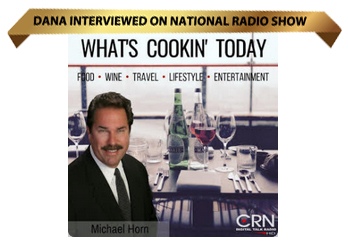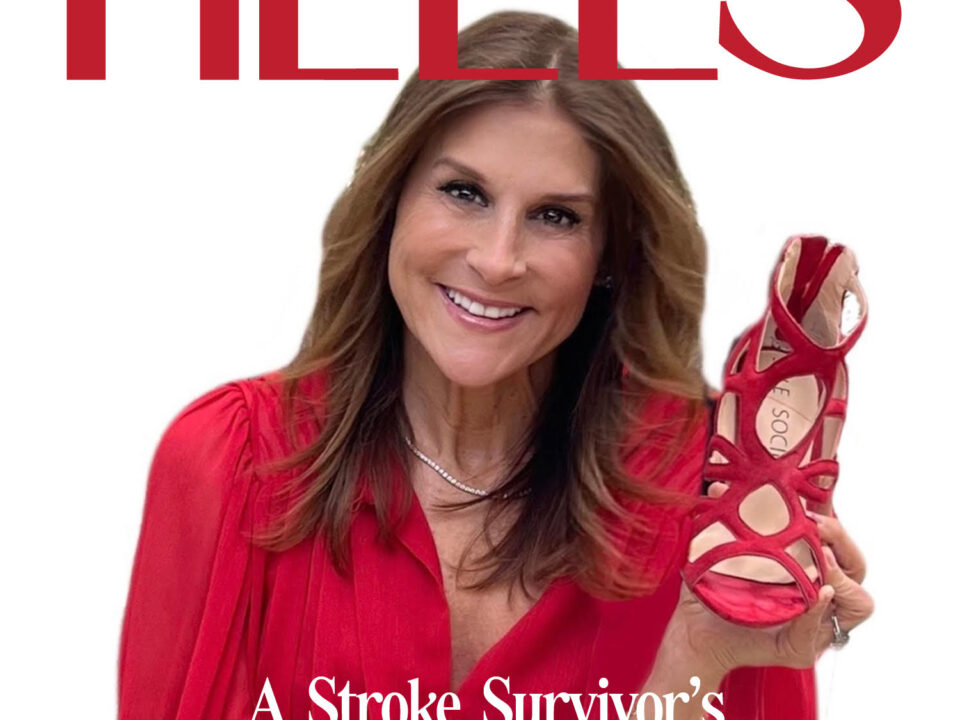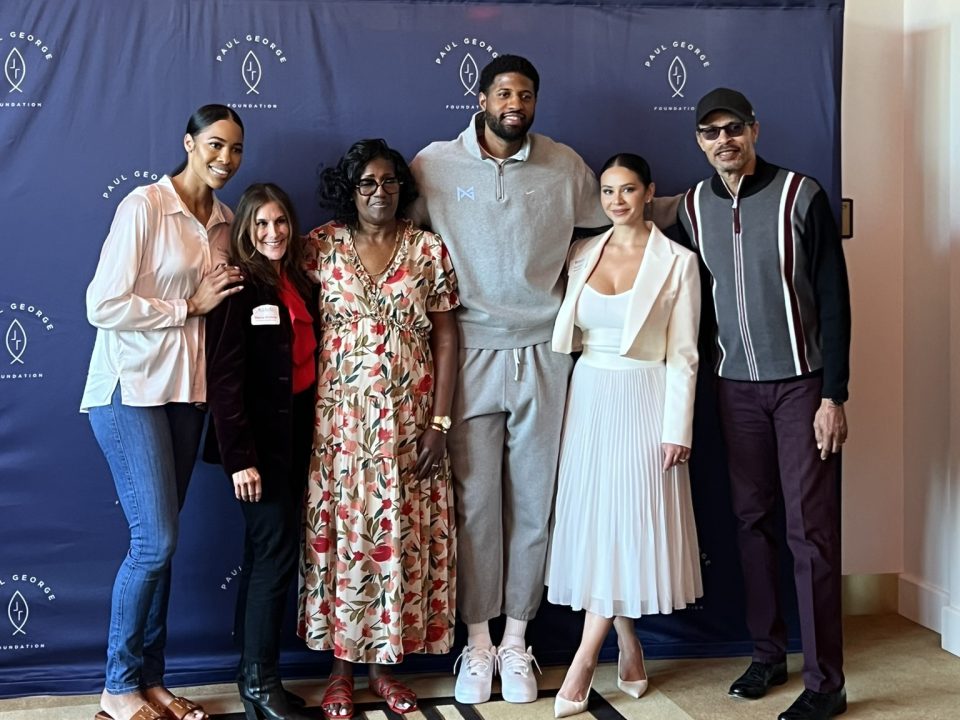Join Dana Rivera at Santa Monica Stroke Support Group
October 16, 2018Dana Rivera – Becoming an advocate after experiencing a stroke
Originally published on the American Heart Association’s Support Network blog – October 8, 2018
After surviving a stroke in 2009, Dana Rivera is now a recovery coach for Stroke Support Groups at UCLA, St. John’s Hospitals and in her local communities.
She shares the struggles she faced when trying to regain independence after stroke. Dana also created a Facebook group for survivors and caregivers called Stroke of Courage. Through speaking and advocacy, she is bringing attention to stroke awareness. Dana writes in honor of World Stroke Day coming up on October 29.
I share the story of my stroke because of the importance to remember that when someone has a stroke, it’s like an earthquake that has gone off in their brain. It shakes up so much, that it takes time for the foundation to settle. My foundation settled within a year, around the one-year anniversary mark. However, I don’t use the term “anniversary,” which implies a happy occasion; I use the word remembrance. After a full year, I was finally ready to share my story, in hopes of helping others. This led me to UCLA’S NRRU where I had been a patient. I spent six years volunteering there, leading and co-leading support groups. I am an advocate for the American Heart Association and am honored to have participated in the Rose Parade and do charity fashion shows. I feel very grateful to have that platform to share my story in hopes of encouraging other survivors, letting them know that with determination and motivation, they can get better. Their recovery might not look the same as mine, but every stroke is different, and having support is such a main ingredient in that recovery process.
I get asked the same questions about recovery by other patients: When am I going to get better? Why do the doctors tell me that I’m not going to walk again? I try to relay to them that doctors come from a scientific background, and while there are plenty of doctors who have a compassionate bedside manner, some do not. So, when patients don’t get answers from doctors, they can become very discouraged. This is why it’s important to seek out a support group, because that is where survivors can hear inspirational stories that they can build into their own recovery.
Nobody thinks a stroke is going to happen to them, so they don’t pay attention to symptoms and prevention. This is why I feel so passionate about stroke awareness, because I had been a healthy 44-year-old woman, but I had a genetic disposition that I didn’t know about. I educate patients now about strokes and warning strokes, sometimes called transient ischemic attacks or TIAs. It’s really important to be mindful and pay attention to the symptoms and what’s going on in your body.
My mission is to do the best I can in regards to stroke awareness. I love sharing my story and talking to people about stroke prevention. Even if stroke doesn’t happen to them, it could still happen to their loved one or a friend, so it’s important they be prepared. I take advantage of that platform to bring out awareness and inspire.
I have been asked if my life is different now post stroke. Post stroke, I feel I have created a new identity for myself – I’m not just a mother or a wife anymore, which are roles that I cherish. It’s ironic that having a stroke has led me to this new passion of being a stroke advocate. This volunteering is all from my heart and it’s all on my own time. I don’t think you can put a price on that. I continue to seek out new opportunities on this path.



